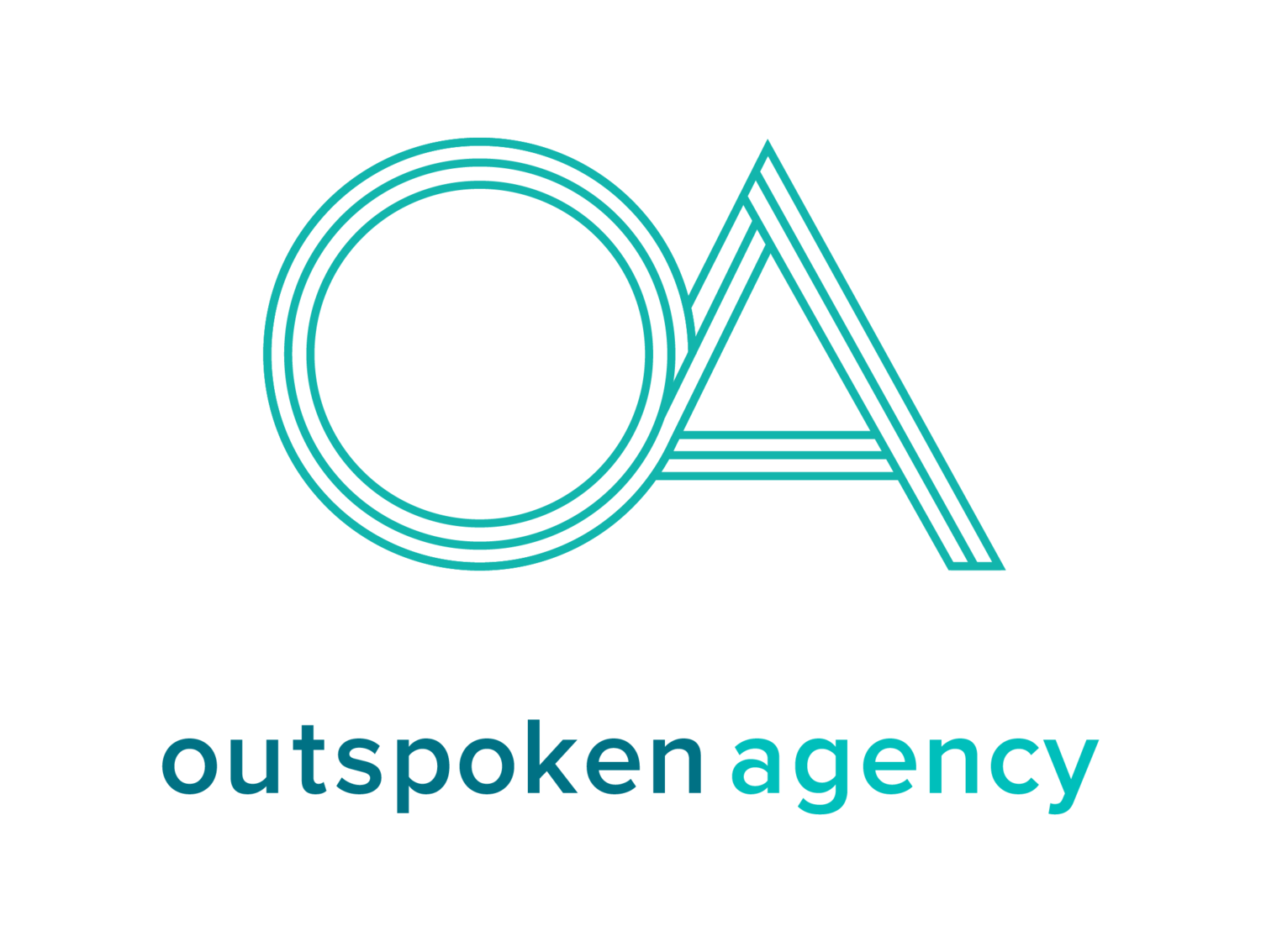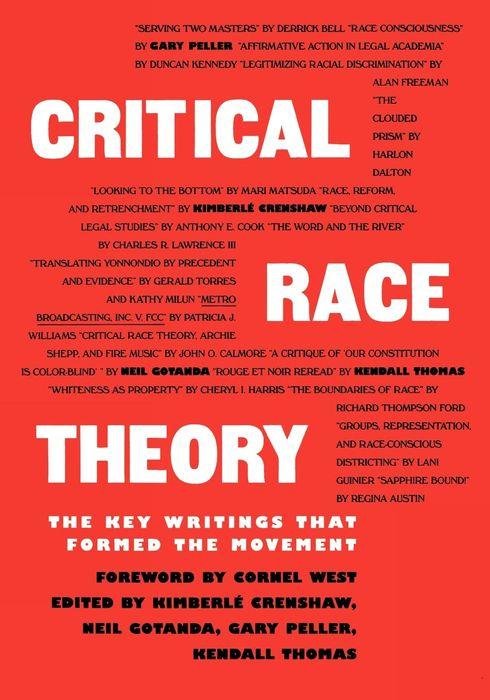Five must-read banned books by Black authors
/If you’ve been following the news lately, you might have noticed ongoing pressure to ban books in schools around the U.S. According to a recent American Library Association report, there were 330 “book challenges” in the fall of 2021, which is an increase from previous years. According to The Office for Intellectual Freedom of the American Library Association, many of these recent challenges include academic freedom, removal of LGBTQ authors, and censorship of Black authors.
In a statement released last fall, the American Library Association said, “We stand opposed to censorship and any effort to coerce belief, suppress opinion, or punish those whose expression does not conform to what is deemed to be orthodox in history, politics, or belief. The unfettered exchange of ideas is essential to the preservation of a free and democratic society.” And at Outspoken, we agree. As we continue our celebration of Black history, check out our list of five must-read-banned books by Black authors. Read them, buy them, share them, and celebrate the freedom of information and expression for all.
First published in 1982 by Alice Walker, The Color Purple is a classic novel that tells the story of a poor, young, uneducated African-American girl named Celie who lives in rural Georgia in the early 1900s. Celie endures racism, sexism, abuse, and challenges to her own sexuality, yet ultimately finds comfort and resilience in her relationships with other women. According to The Banned Books Project, “The book has been banned from school libraries in the United States between 1984 to 2013. Parents are the most common group attempting to remove the novel from schools. There have been different reasons for the book being banned, including religious objections, homosexuality, violence, African history, rape, incest, drug abuse, explicit language, and sexual scenes. These challenges were all eventually overruled. In 2017, “The Color Purple” was successfully banned from all Texas State Prisons for explicit language and graphic depictions of violence.”
In a collection of historical essays, short stories, personal vignettes, poems, and other literary forms by ninety different writers, Four Hundred Souls: A Community History of African America, 1619-2019 is a one-volume community history of African Americans. “The essays are divided into 10 sections, each section covering 40 years between 1619 — the year of the first recorded arrival of enslaved Africans on American shores—and 2019. Each writer was assigned a five-year period; some of them focused on events, some on individuals, some on cultural or political trends. In all of the essays, a Black perspective is brought to things history has often treated in terms of white experiences.” Backlash for the novel came once again from parental pressure attempting to remove it from school curriculum and libraries.
A highly misunderstood theoretical framework, Critical Race Theory is an academic concept that is more than 40 years old that emerged out of a framework for legal analysis in the late 1970s and early 1980s created by legal scholars Derrick Bell, Kimberlé Crenshaw, and Richard Delgado, among others. As Education Week notes, “the core idea is that race is a social construct and that racism is not merely the product of individual bias or prejudice, but also something embedded in legal systems and policies.” In recent years, several parents and state legislations have called into question CRT curriculum and texts, including Critical Race Theory: The Key Writings That Formed a Movement, attempting to ban essential histories being taught in classrooms. Want to understand more about CRT? Check out Outspoken speaker and critical race theory scholar Crystal Fleming here.
All American Boys is a New York Times best-selling young adult novel written by Jason Reynolds and Brendan Kiely and published in 2015. The book tells the story of two teenage boys, Rashad Butler and Quinn Collins—one black, one white—as they grapple with the repercussions of a single violent act that leaves their school, their community, and, ultimately, the country bitterly divided by racial tension. The book has been banned and challenged by both parents and a fraternal police order for profanity, drug use, and alcoholism, and because it was thought to promote anti-police views, contain divisive topics, and be “too much of a sensitive matter right now.”
How the Word Is Passed by Clint Smith is a work of nonfiction, described by its publisher as “a travelogue, a history, a quest, a warning and a call for a reckoning that the history of slavery is the history of our country, central and defining to who we were and who we are, individually and collectively.” Though the book appeared on President Obama’s Favorite Books of 2021, the book has been challenged by parents and community members attempting to keep it out of high school classrooms.







